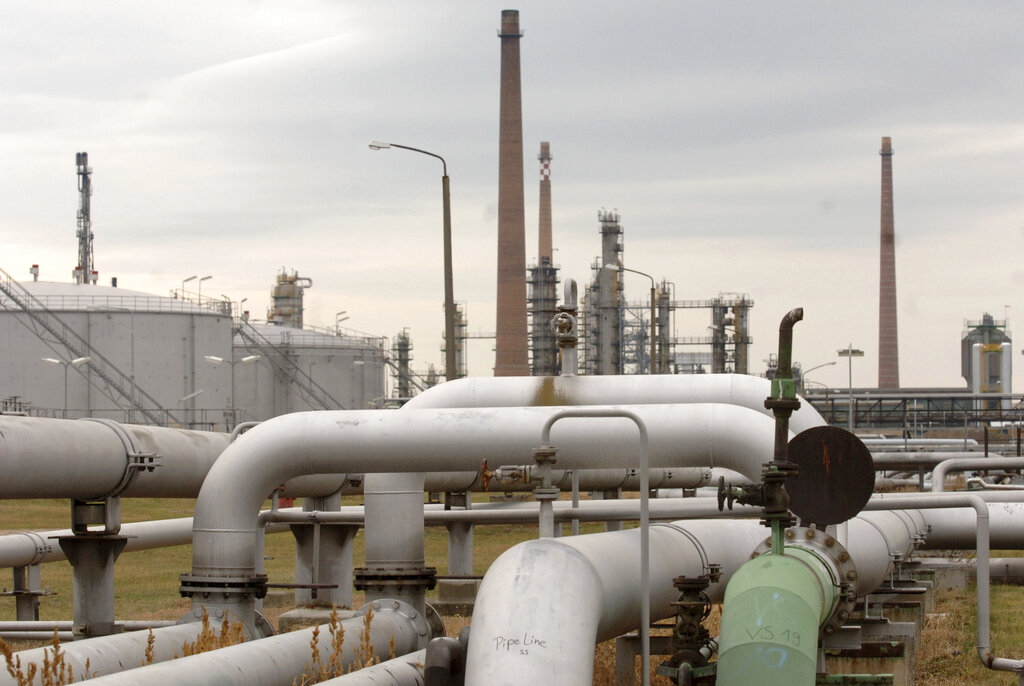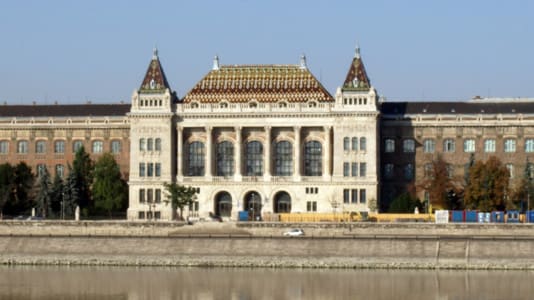Germany has completely broken with former German Chancellor Angela Merkel’s policy of close relations with Vladimir Putin, which was behind Berlin’s dependence on Moscow’s oil and gas. Chancellor Olaf Scholz gave up Russian oil at the end of 2022, but his country cannot escape the control of Putin, who still holds the button that can cripple Germany: the Druzhba pipeline, through which oil will flow from Kazakhstan, is Russia’s.
So it is clear that the Kremlin controls the pipeline to Germany, no matter whose oil flows through it. Huge steps have already been taken to reduce Berlin’s imports of both oil and gas from Russia, but not enough infrastructure is in place yet, according to a Bloomberg analysis.
The giant PCK refinery at Schwedt in Germany, which supplies 90 percent of the fuel for Berlin and surrounding areas, brings oil through the Druzhba pipeline. The plant, built when Eastern Germany was firmly in Moscow’s orbit, was designed to process Siberian crude; it was linked to Russia’s oil fields by extending a pipeline system built to strengthen the Kremlin’s control over its European satellites.
Not much has changed since German reunification in 1990. Some crude can be brought in through the port of Rostock, but that route does not have the capacity to replace the two-branch Druzhba pipeline. Raw materials can also be brought in via the Polish port of Gdansk, using the westernmost part of the Druzhba pipeline, which is outside Moscow’s control.
However, that route is already used to supply oil to Poland’s own refineries and another German plant at Leuna, near Leipzig, leaving insufficient spare capacity to meet PCK’s needs. However, if Germany cannot end its dependence on the Russian pipeline, it can change what is supplied through it — at least in theory. Instead of buying Russian crude, a practice the German government has pledged to stop in 2022 as part of European Union sanctions to punish Moscow for invading Ukraine, the refinery will instead buy from Kazakhstan.
The plan is technically feasible. Kazakh crude from Central Asia is already pumped into the Russian pipeline system, where it is blended with local oil and exported from ports in the Baltic and Black Seas. The whole process relies on the active participation of Russia’s state-owned pipeline operator Transneft PJSC, the country’s Energy Ministry, and, ultimately, the Kremlin.





